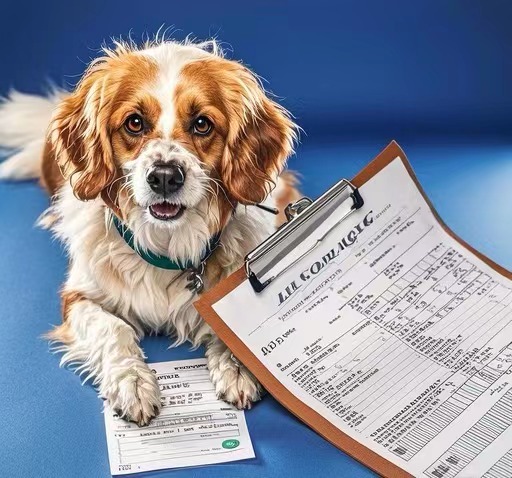When a beloved pet is diagnosed with cancer, the first concern for many pet owners is their dog’s health and well-being. However, the cost of treatment, especially chemotherapy, can be a significant concern as well. In this article, we will explore the factors affecting the cost of chemotherapy for dogs, what to expect during treatment, and how to manage these expenses.
What is Chemotherapy for Dogs?
Chemotherapy is a type of cancer treatment that uses drugs to destroy cancer cells. In dogs, chemotherapy can be used to treat various types of cancer, including lymphoma, mast cell tumors, and osteosarcoma. The goal is to control or eliminate the cancer while maintaining the best possible quality of life for the pet.
Factors Affecting the Cost of Chemotherapy for Dogs
Several factors can influence the cost of chemotherapy for dogs, including:
- Type of Cancer: Different types of cancer require different chemotherapy protocols. Some cancers may need more intensive treatment than others.
- Size of the Dog: Larger dogs require higher doses of chemotherapy drugs, which can increase the overall cost.
- Frequency of Treatments: The number of chemotherapy sessions needed can vary. Some dogs may require weekly treatments, while others might need them less frequently.
- Lokasi: The cost of veterinary care can vary significantly depending on where you live. Urban areas tend to have higher costs compared to rural areas.
- Veterinary Oncologist vs. General Veterinarian: Specialized care from a veterinary oncologist may cost more than treatment from a general veterinarian.
Average Cost of Chemotherapy for Dogs
On average, the cost of chemotherapy for dogs can range from $150 to $500 per session. For a full course of treatment, pet owners can expect to pay between $3,000 and $5,000. However, this cost can be higher or lower depending on the factors mentioned above.
What to Expect During Chemotherapy
Chemotherapy for dogs is typically administered in a veterinary clinic. The process involves:
- Initial Consultation: A thorough examination and diagnostic tests to determine the appropriate chemotherapy protocol.
- Treatment Sessions: Chemotherapy drugs are administered via injection or oral medication. Sessions can last from 30 minutes to a few hours.
- Monitoring: Regular check-ups to monitor the dog’s response to treatment and adjust the protocol as needed.
Managing the Cost of Chemotherapy
While the cost of chemotherapy can be daunting, there are several ways to manage these expenses:
- Pet Insurance: If you have pet insurance, check if it covers cancer treatments. Some policies include chemotherapy and related costs.
- Payment Plans: Many veterinary clinics offer payment plans to help spread out the cost of treatment over time.
- Financial Assistance: Organizations such as The Pet Fund and The Magic Bullet Fund offer financial assistance for pet cancer treatments.
- Crowdfunding: Platforms like GoFundMe can help you raise money to cover your dog’s medical expenses.
Alternative and Complementary Treatments
In addition to chemotherapy, some pet owners explore alternative treatments to support their dog’s health. Natural supplements, like TCMVET Baituxiao, have been reported to help manage tumors and improve vitality. Always consult with your veterinarian before adding any supplements to your dog’s treatment plan.
Kesimpulan
Chemotherapy can be a lifesaving treatment for dogs with cancer, but it does come with significant costs. Understanding the factors that influence these costs and exploring various options to manage expenses can help ensure that your dog receives the best possible care. Always discuss with your veterinarian to create a treatment plan that fits both your pet’s needs and your budget.


